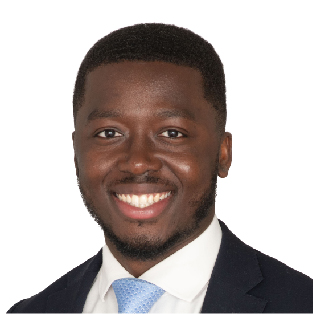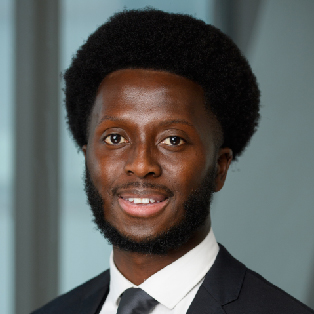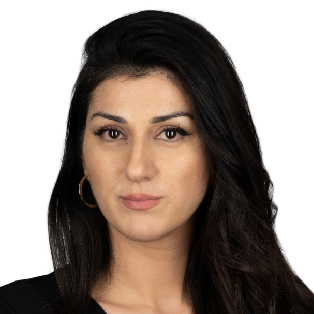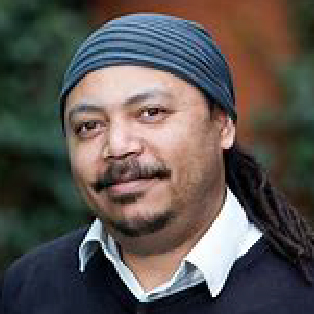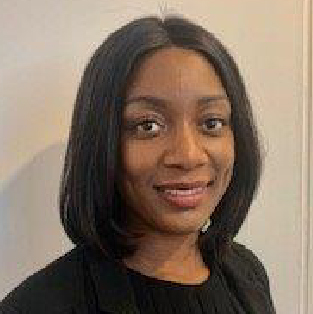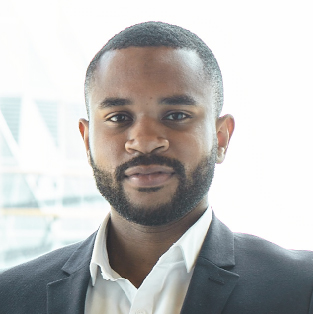A Look into Lloyd’s Market Policies & Practices Report and Inclusive Futures
In an era where diversity and inclusion are increasingly recognised as vital components of organisational success, Lloyd’s of London is spearheading the movement towards a more equitable future. Acknowledging its historical involvement with the slave trade, Lloyd’s recent initiatives to foster diversity not only underscore its dedication to societal advancement but also emphasise the urgent need for the broader insurance industry to embrace inclusivity.
The recent report, Lloyd’s fifth Market Policies and Practices (MP&P), sheds light on the statistical progress of our journey towards cultivating diversity and inclusion within the marketplace. With a concerted effort to enhance the representation of women and ethnically diverse individuals, Lloyd’s has made commendable progress in aligning its ethos with contemporary standards of equity and fairness.
One of the key highlights from the report is the notable progress made towards Lloyd’s ambitious 1 in 3 hiring target which aims for one third of all hires market-wide to come from ethnically diverse backgrounds. The data reveals that 21% of new hires in the past year hailed from ethnically diverse backgrounds, marking a commendable increase of +4 percentage points. Moreover, the report showcases that 27% of graduates and apprentices hired were from ethnically diverse backgrounds, indicating a promising trend in nurturing diverse talent from the ground up.
It is particularly encouraging to note that 32% of firms have now surpassed a hiring rate of 30% for ethnically diverse candidates, reflecting a concerted effort by organisations to prioritise inclusivity in their recruitment strategies. This positive momentum in hiring practices has contributed to a steady increase in ethnic minority representation within the insurance market workforce, which now stands at 13%, representing a commendable growth of +2 percentage points from the previous year and +4 percentage points over the span of two years.
A critical aspect requiring improvement is the representation of ethnic minorities in leadership roles. The report indicates that ethnic minority representation in leadership roles has remained steady at 9%, highlighting the need for continued efforts to develop a diverse talent pipeline, particularly for board-level positions. Addressing this gap will require a multifaceted approach, including targeted mentorship programs, leadership development initiatives, and inclusive hiring practices.
Although the data above indicates signs of progress, there remains significant work ahead to transform that progress into a source of pride. One initiative that promises to be a game-changer, led by Lloyd’s, marks a pivotal moment in the market’s history: the Inclusive Futures project. This market-wide program aims to support Black and ethnically diverse individuals in participating, progressing, and thriving from classrooms to boardrooms over the next decade. The program has already made impactful investments in key delivery partners, including Equity City, while also committing to recruitment targets, offering bursaries, organising events, and more.
Equity City takes pride in being a crucial delivery partner for Inclusive Futures. We have recently assembled a team of leading recruitment and D&I professionals to drive this project forward. This endeavour allows Equity to intensify its efforts in creating exclusive talent pools with the best diverse candidates, while also hosting flagship events for partners of Inclusive Futures.
In conclusion, Lloyd’s proactive stance towards diversity and inclusion sets a commendable precedent for the insurance industry and beyond. With initiatives like the Inclusive Futures project, Lloyd’s not only demonstrates a commitment to initiating restorative action for historical injustices but also to fostering a more equitable future for all. While strides have been made, particularly in hiring practices, the journey towards true diversity and inclusion is ongoing. As partners in this journey, organisations like Equity City play a crucial role in advancing these objectives, ensuring that progress translates into tangible outcomes and a source of pride for all stakeholders involved.
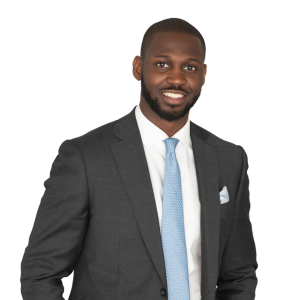
Junior Garba
CEO & Co-Founder
Equity


